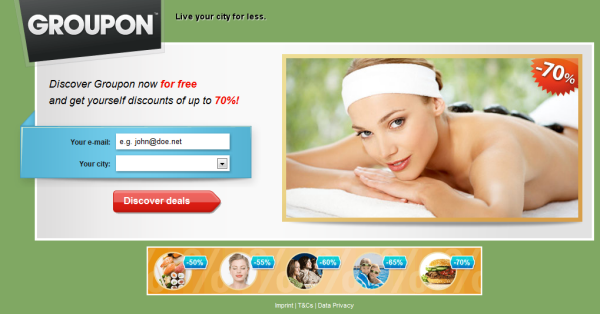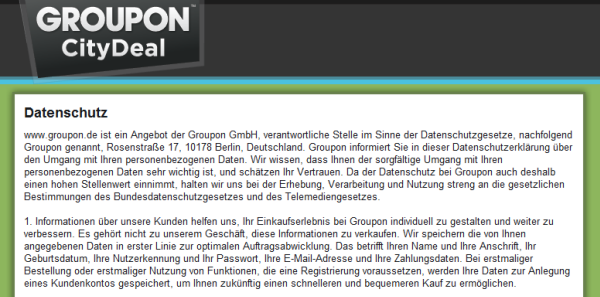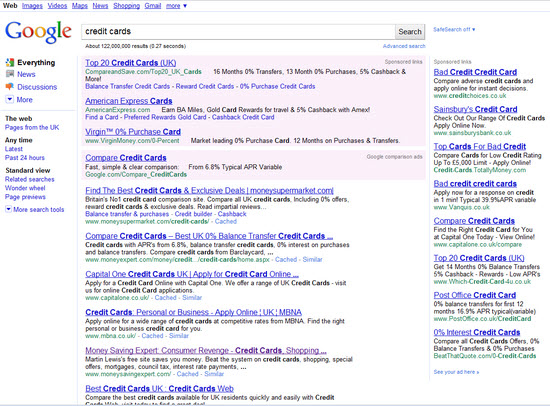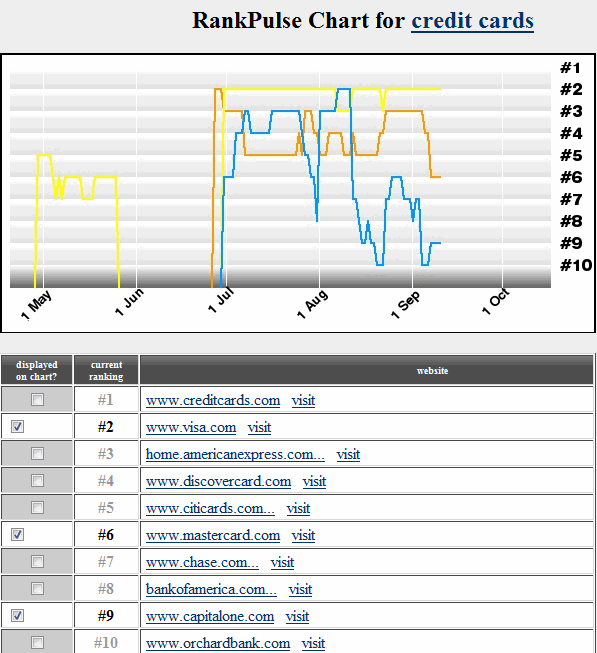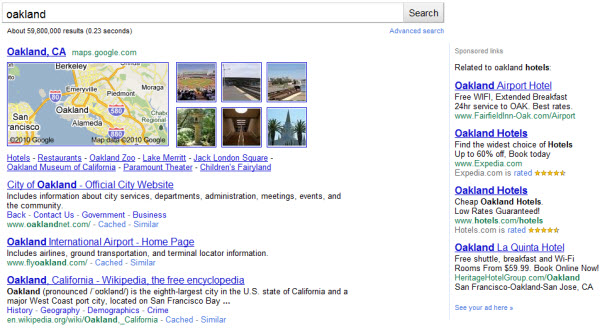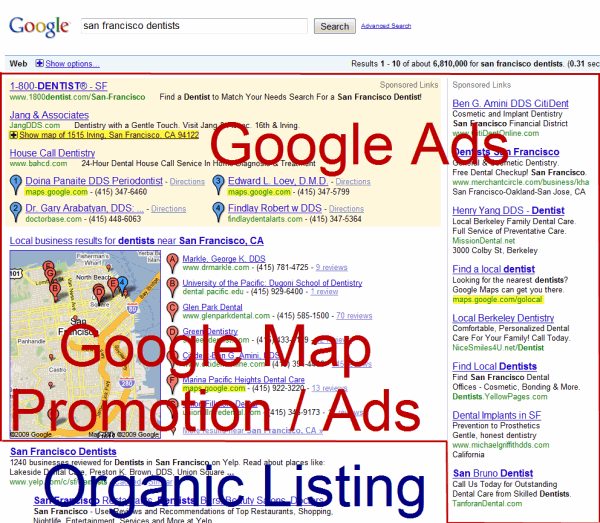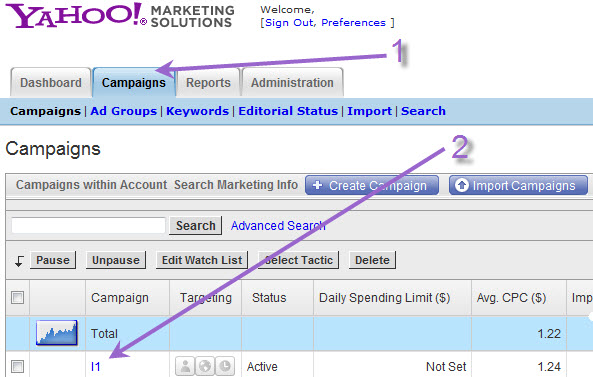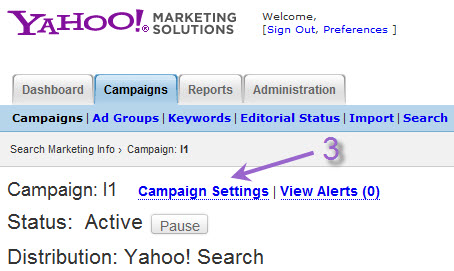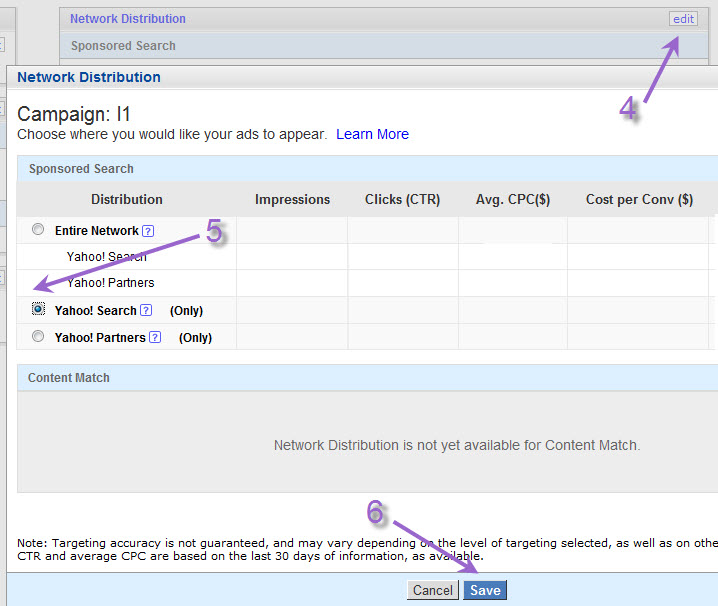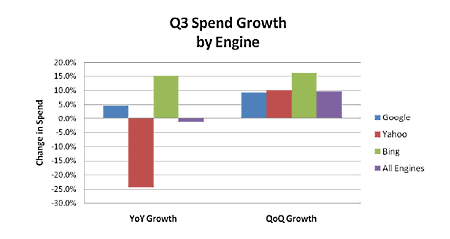PPC managers have different targets for their clients. One of the most common targets is to manage the campaigns based on an average maximum cost per conversion (CPA).
What many clients –and PPC managers- don’t know or don’t realize is what the true cost of the extra conversions is. Even if the average CPA is below the maximum allowed CPA, the last conversions might be too expensive and maybe even leading to a loss for the client.
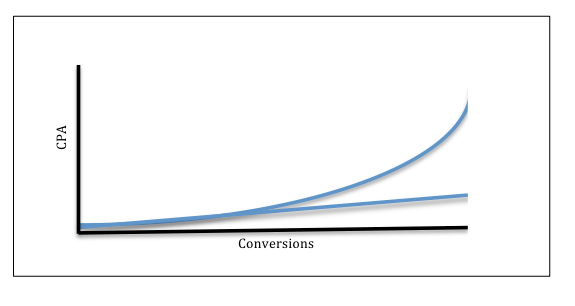
Lets have a look at an example.
Example – the calculator shop
Assume you are managing the account of an e-commerce store that sells calculators. They sell for $25. The profit on a sale is $15, with just the ad spend to subtract from the profit.
You are currently managing the campaign and you get 100 conversions for a total cost of $1,000. This leads to a CPA of $10. The profit for the client is $500.
The client however told you the CPA could be $11 if he gets more conversions as the $11 is still well within his profit margin of $15. As a good PPC manager you started pushing the best keywords and magically knew to push 20% extra conversions until you reached an average CPA of $11. So you now have 120 conversions for a total cost of $1,320.
You are happy, the client is happy and you live long and happily ever after. But should the client be that happy?
If we have a closer look at the details of the additional conversions:
- 20 extra conversions
- $320 extra budget
This leads to a CPA of $16 of the additional conversion! He actually lost money on the additional conversions. The profit is now $480.
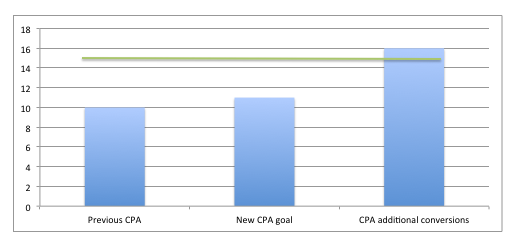
A visual representation of the CPA’s and profit margin
So are those additional conversions bad?
Not per definition as it depends on the goal of the client and other factors that we sometimes don’t know as PPC manager (profit margins, life time value of a client, branding value, increase of the market share etc). It’s important that both you and the client are aware of the price of the additional conversions.
About the author
Rick Vugts is the co-founder of Visible Online Marketing. Intrigued by both the psychological and marketing and the statistical side of PPC marketing.

